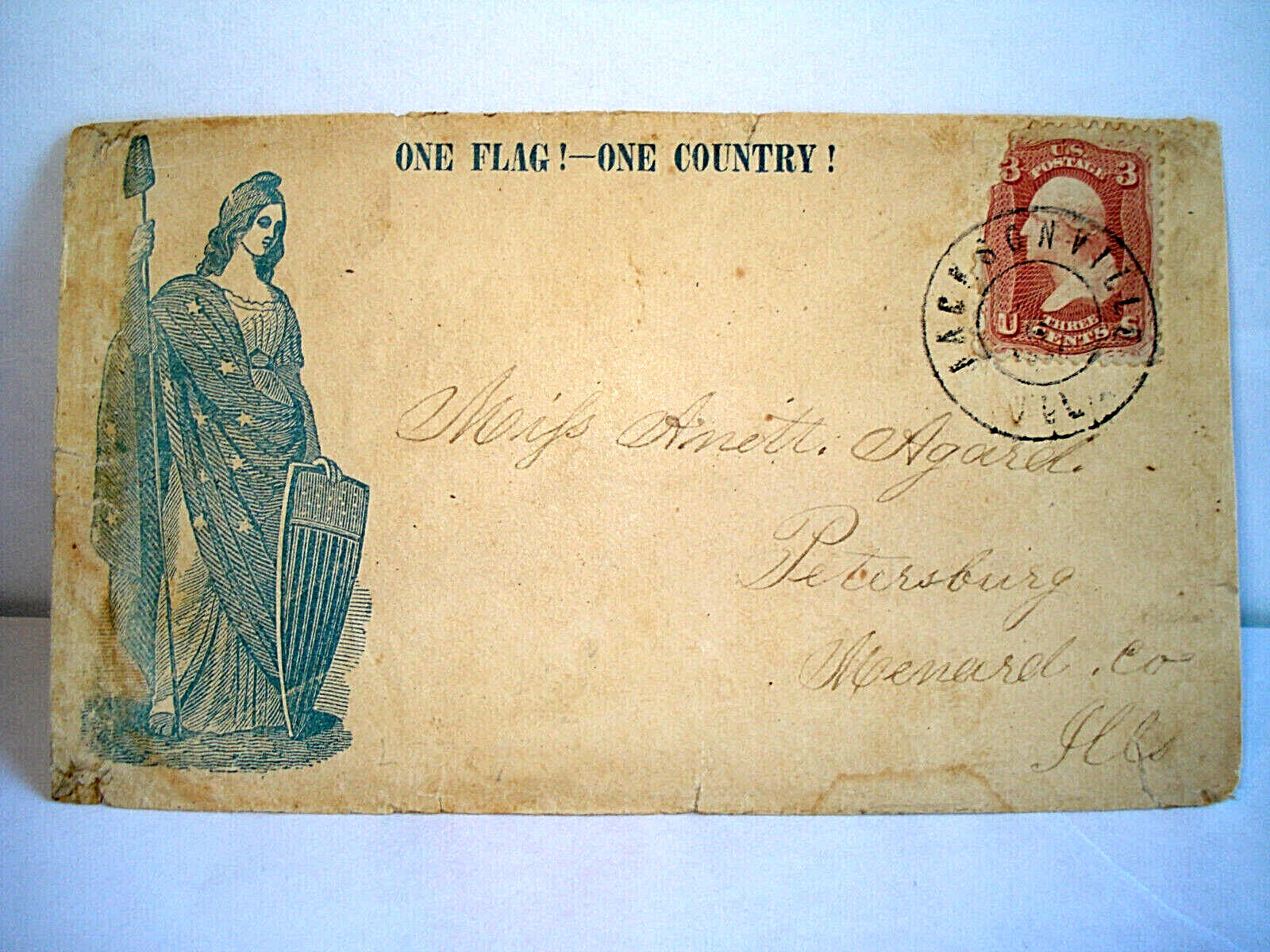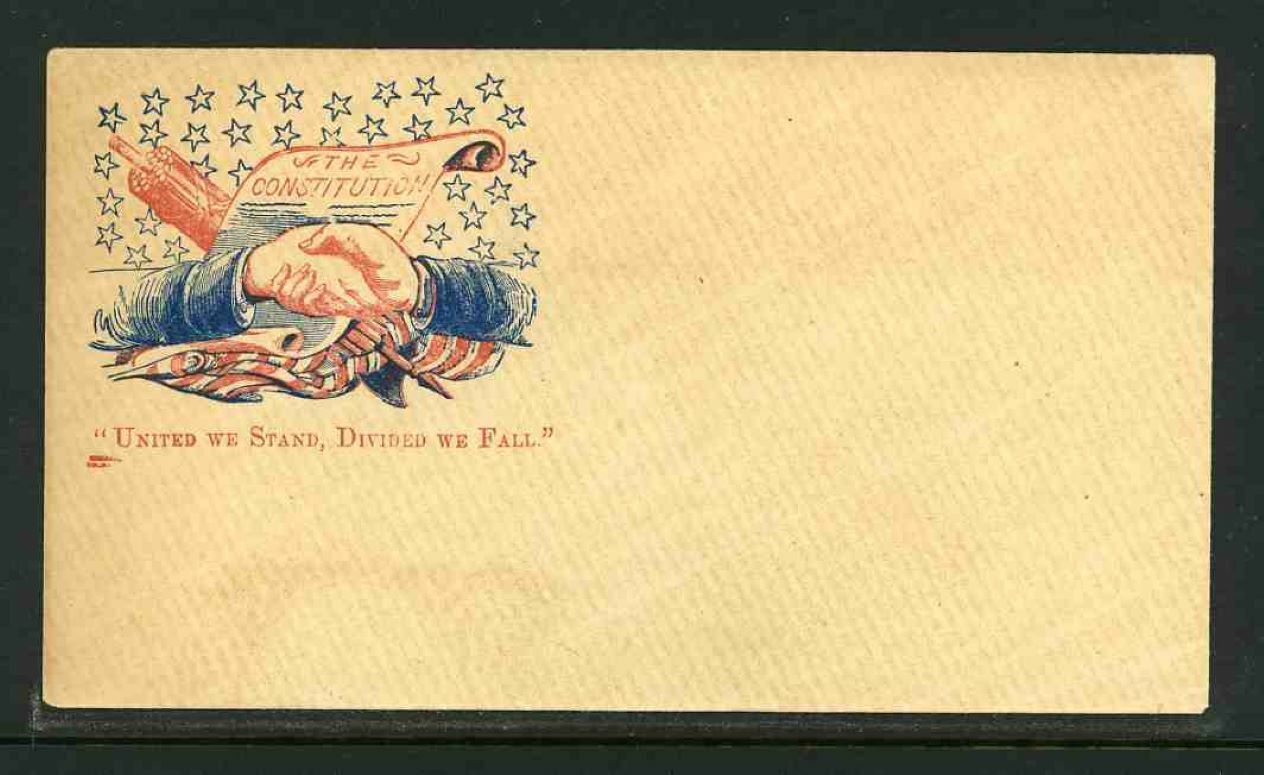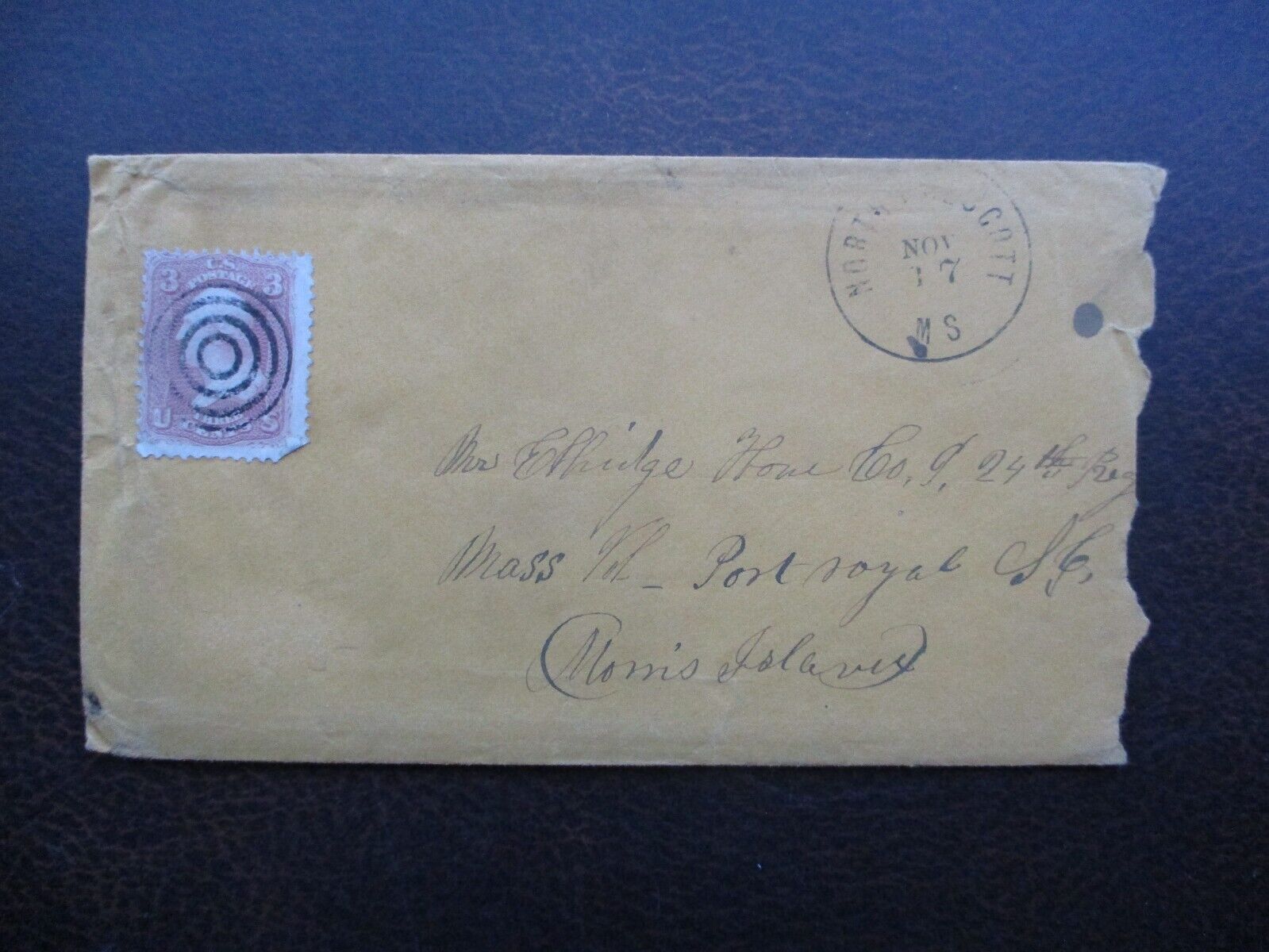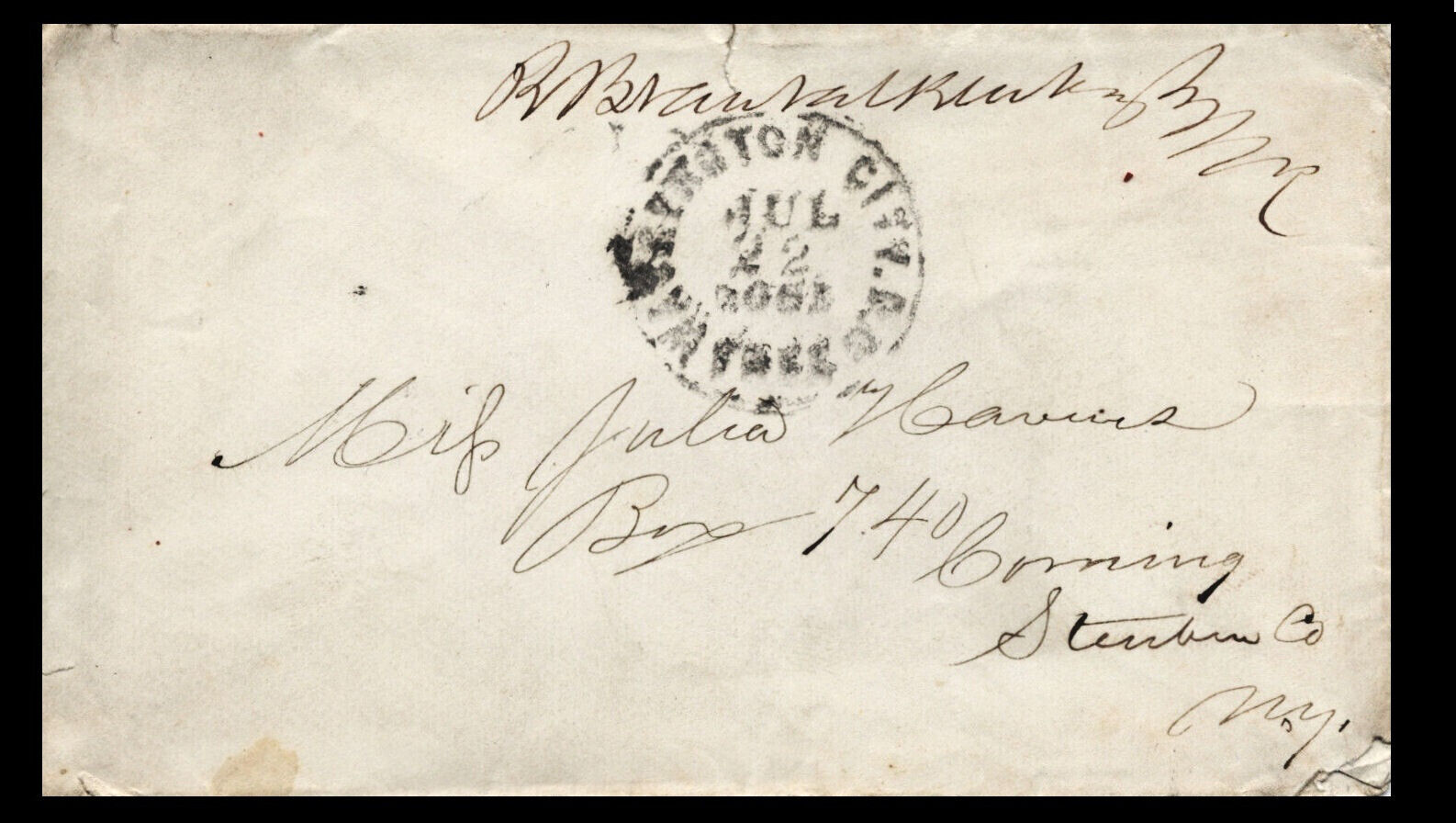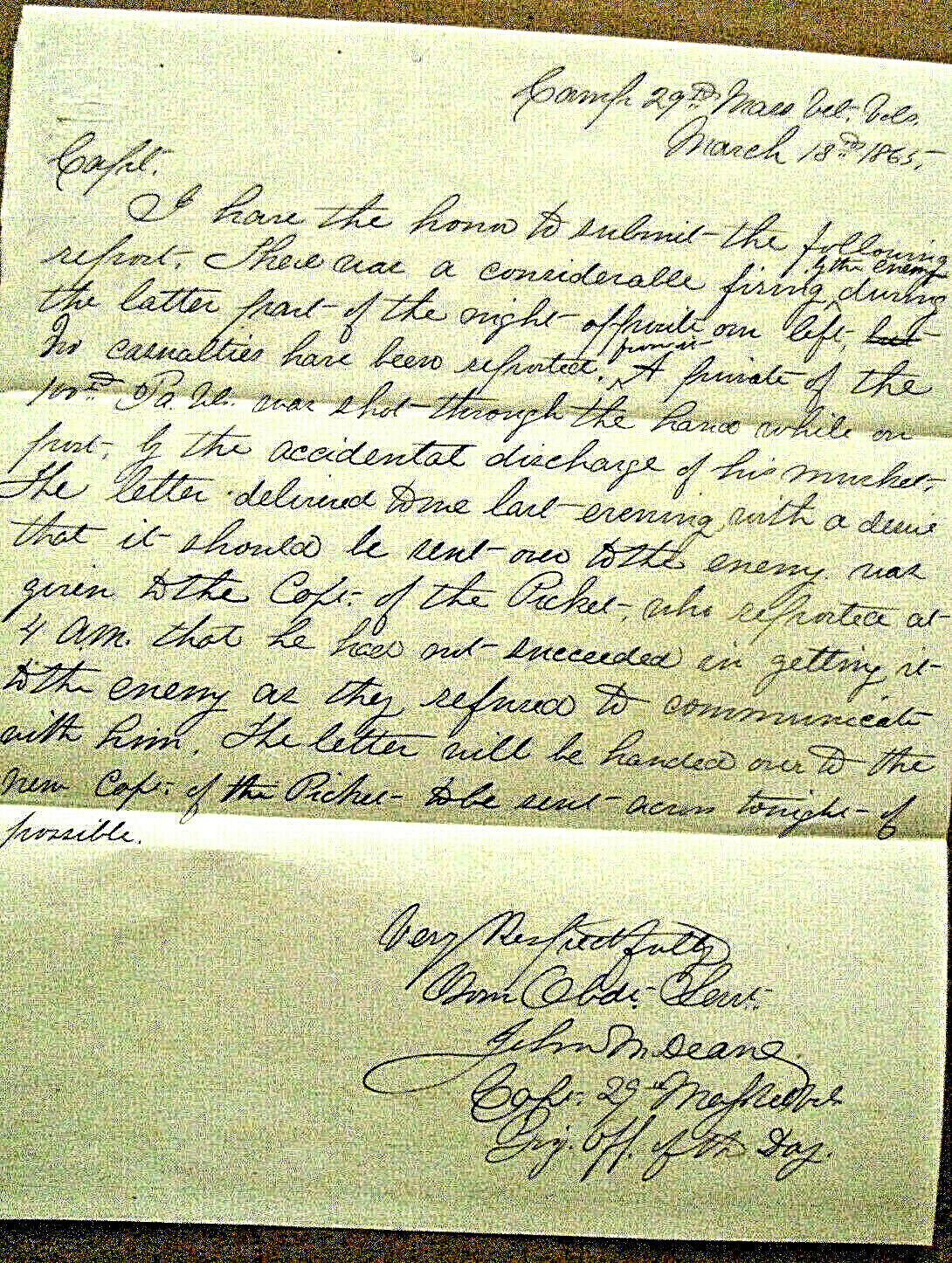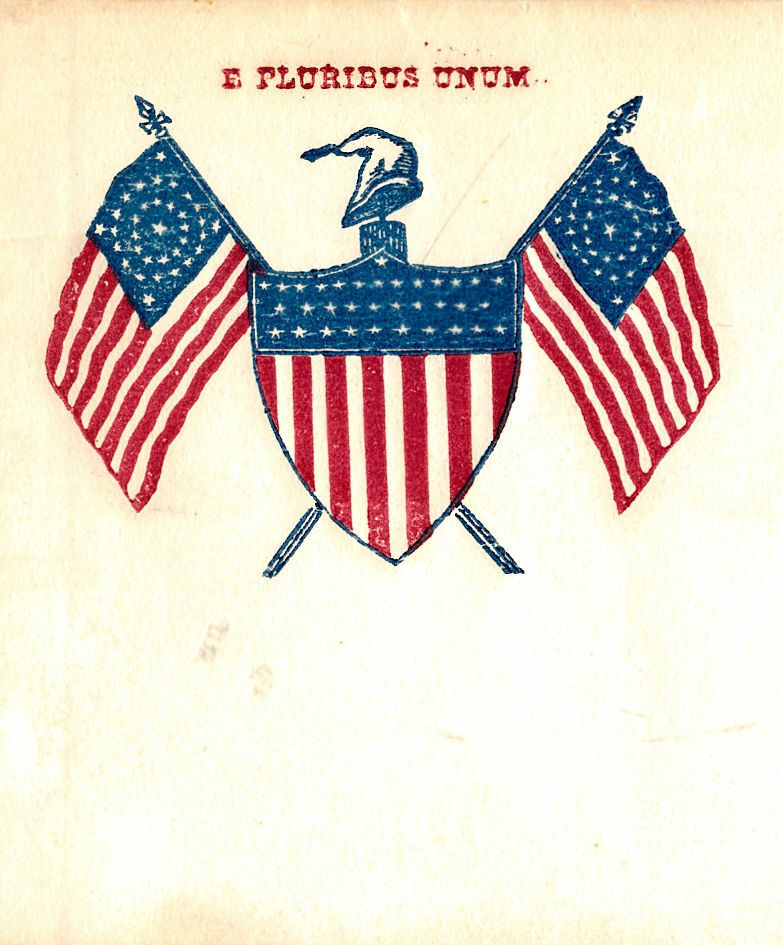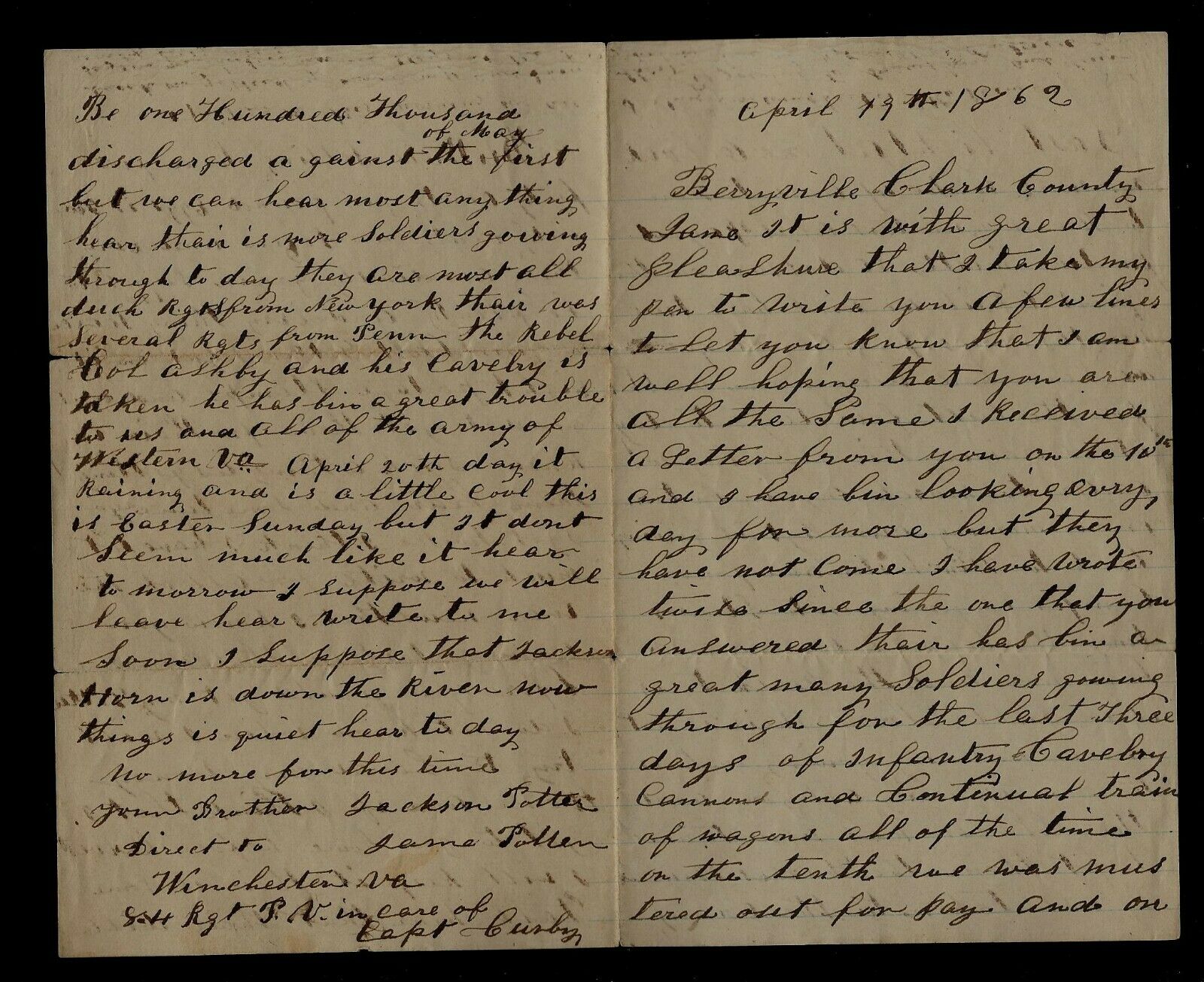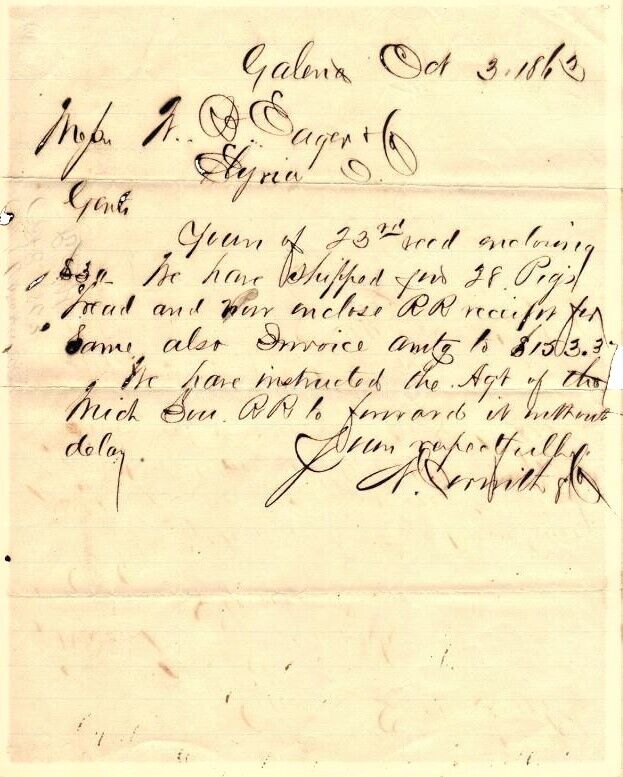-40%
Confederate Civil War Letter to Soldier in 8th Alabama Cavalry "McCaa's Rangers"
$ 22.7
- Description
- Size Guide
Description
Civil War LetterConfederate Civil War Letter - Written to Soldier in 8th Alabama Cavalry, "McCaas Rangers"
This Confederate Civil War letter was written by Mary Campbell (Chalmers) Ferguson (1842-1920), the daughter of Scottish emigrant James Chalmers (1820-1899) and Eliza Campbell. Mary’s parents married in Pickens Co., Alabama, in October 1841. On April 4, 1861, Mary married William Alexander Ferguson (1832-1902), the only son of Bryant Ferguson (1803-1835) and Martha Cotten (1805-1852). After the Civil War most of the Chalmers family moved to Salem, Roanoke county, Virginia, including William and Mary Ferguson.
William and Mary had at least nine children; their first-born child, Mary Chalmers Ferguson (1862-1940)—born on 15 January 1862—is mentioned in this letter.
William A. Ferguson was a lieutenant of Co. D (McCaa’s “Rangers”),
8th Cavalry Regiment
serving under Capt.
Burwell Boykin McCaa.
The 8th Cavalry Regiment was formed after the Battle of Shiloh by consolidating six Alabama and four Mississippi cavalry companies. When Capt. McCaa was killed on 3 January 1863 leading a cavalry charge near Murfreesboro, Tennessee, Lt. Ferguson was promoted to take his place as the captain. Following McCaa’s death, the company called itself “McCaa’s Avengers.” I believe Ferguson was taken a prisoner-of-war at Shelbyville, Tennessee.
TRANSCRIPTION
Home [Pickensville, Alabama]
April 6, 1863
My Dear William,
I have spent the past week very gayly and could entertain you for some time had I not news of more interest to communicate. And what is it you are ready to ask?
The baby can walk
. She is the sweetest little girl in the Confederate States—and a great pleasure to her mother. She tries very hard to talk—can say a good many words and understands everything I say to her. Mother and father and all the boys think a great deal of her. She makes Johnnie give up to her on everything and is getting big enough to defend herself. She comes to the table to eat as regularly as any member of the family. I would be delighted if you could see her now.
Jennie, Maggie, Mary F. and I have been having quite a lively time since the first of April. On that day, Jennie A. and cousin Maggie dressed up in beggar’s garb and went from house to house telling a mournful tale of five little starving children at home, being afflicted with dreadful toothache as the puffed our jaw testified &c. They were so completely dismissed that they were only detected once or twice and after having as much fun as possible, returned home with several huge hunks of cornbread. At night we had an April Fool supper at Mrs. Clark’s inviting [Louis] D. and
A[lbert T.] Henley
, Bud Ferguson, and D. Perry. The table looked beautiful and tempting to those who viewed the good things before them. Imagine the wry faces as one sipped his coffee sweetened with salt. Another attempted to eat his wafer made of domestic dipped in batter. Another sipped his wine made of molasses, water and salt. And then came the custard which all thought must be fine. But it proved as nauseous as all the other dishes. Those who were in the secret enjoyed it hugely while the others acknowledged themselves completed sold.
For the amusement of several soldiers who were about to return to camp, we had this supper and also charades at home on Friday night last. We acted the words Beauregard, ragamuffin, infancy, and mendicant. To me was assigned the character of the lady’s maid and could you have seen me you would never have known me to be your wife. Everyone in the room roared with laughter when I made my appearance. Everything succeeded finely—and now I expect we will like to the tortoise draw our heads into our shells and stay there for six months—namely stay at home and be as quiet as mice for months to come.
The approaching marriage of R. Johnston and M. Nabors next Thursday night is “all the talk,” It is creating as much excitement as a certain wedding in P[ickensville] did just two years ago the fourth of this month. Doubtless you remember it as you were one of the principal characters in the scene.
I have your clothes ready to send by first opportunity.
Dr. [Terrell S.] Stringfellow
is making your boots. Willie is at home now—has joined the army and will have his leg examined—and if not discharged, will join the McCaa Avengers. Mr. Gathright has had his chapel and two rows of buildings burned to the ground recently. His school will suspend for two weeks. Bud Ferguson left for the army last Friday night. He walks badly yet.
Maj. Anderson is down to see his family and is quite sick. He thinks the enemy are about to evacuate Memphis and Vicksburg—only supposition. What is the army at Tullahoma doing? Why does not the enemy make an advance, I wonder? I hear that Capt. Nash ¹ has lost four of his men—Calvin [H.] Murray, [Robert] Toler, McCullough [John S. McCullum?], and [James W.] Wilkens—three of whom leave destitute families. Did you ever send off the letter I sent you to go to Nashville?
Mr. Watt Stevenson, Mr. Fastevare [are] home on furlough. Pack Traylor ² is in town. Tobacco is going up. Father threatens to quit smoking. What do you do for the necessary and nice article now? Cotton is up to 20 cents a pound. I would like to own a few bales at that price.
Billie Dunlop is at home yet. I wish you would come home recruiting a little too. I would like so much to see you but I suppose I must be as patient as possible. Could I be assured that we would have no more fighting and that the war would end soon, I would be perfectly satisfied. But when I think of the months—perhaps years—to come of this cruel war, I can but have a feeling of sadness and anxiety for those who are near and very dear to me. Write to me as often as you can for you know not dear Willie how much I appreciate your letters. With much love from Mary and myself, I remain as ever, your affectionate and devoted, — Mary
¹ Jesse Ghent Nash, educator and Confederate Army officer, was the son of George Nash (1772-1852) and Elizabeth (Ghent) Nash, Pioneers of Jefferson and Blount counties, Alabama, primarily Pinson Valley in Jefferson. Major Nash was the uncle of Captain George Washington Ayres (1836-1864). Captain of Co. C. 20th Alabama Infantry.
The 41st Alabama
served during 1862-1865 primary in central and eastern Tennessee, northwest Georgia, central Mississippi, and Petersburg, Virginia. Nash resigned in 1864.
² Possibly T. P. Traylor who was from Pickensville, Alabama. He was a sergeant in Co. K, 3rd Alabama Infantry and was wounded at the Battle of Malvern Hill on 1 July 1862 (gunshot wound to right leg). He was known to be in Pickensville following his injury and did not return to his regiment until late June 1863.
TERMS
.00 postage in the United States. We accept Paypal.
Postage combined for multiple purchases. Please wait for me to send the invoice, otherwise you will pay a higher rate.
For International buyers, we utilize eBay’s Global Shipping Program. We had too many packages sent via the post office go missing. So we believe this program will be safer for us and for you.
We are members of the American Philatelic Society, the U.S. Philatelic Classics Society, the Confederate Stamp Alliance and the Illinois Postal History Society.
We only sell genuine, original letters (no copies or reproductions). Some of our letters have been transcribed and nicely presented for future genealogists and history buffs on the Spared & Shared blog.
We have been selling on eBay since 1998. BID WITH CONFIDENCE !


